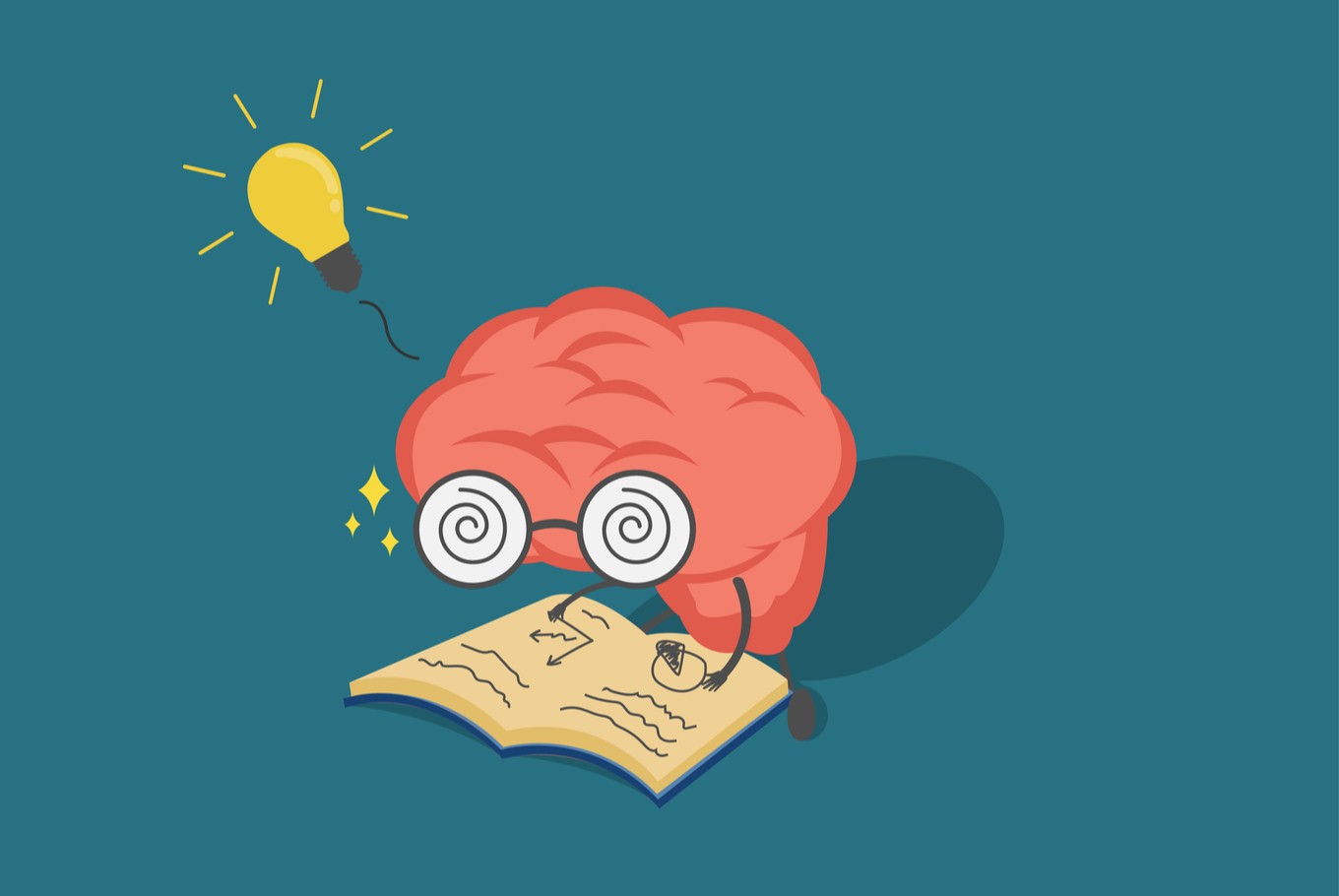Popular Reads
Top Results
Can't find what you're looking for?
View all search resultsPopular Reads
Top Results
Can't find what you're looking for?
View all search resultsHow to: Boost your memory, maintain brain health
The following tips may help improve your memory, despite the ageing process we must all experience one day.
Change text size
Gift Premium Articles
to Anyone
A
s we age, we all have episodes of forgetfulness. We forget where we put our keys, where we parked the car or why we walked into a room.
These episodes are frustrating for many of us, but for some people in their 60s, these episodes may trigger a fear that they might have Alzheimer's disease.
The memory process involves receiving and encoding new information. The brain records information and retrieves the appropriate information when we need it. The large outer layer of the brain, the cerebral cortex, receives the new information, which is then encoded by the amygdala and finally, it is stored as a memory by the hippocampus. When we need certain information, the frontal lobes of the brain help us consciously retrieve the correct information.
Many people begin to notice a difference with their memory starting in their 50s. This is when age-related changes in our chemical messengers (neurotransmitters) and brain structure begin. These changes slow the processing speed and limit the capacity of our working memory, making it hard for us to recall names or words.
Read also: Smelling farts has health benefits, study finds
Our working memory is affected by distractions, anxiety, stress and lack of sleep. Some anti-anxiety and antidepressant medications may also affect our memory. If you are on anti-anxiety or antidepressant medication, you may want to consult your doctor to see if an alternative therapy is possible. Their side effects can make your brain less alert and sluggish, making it more challenging to carry out the encoding, recording and retrieval processes.
The following tips may help improve your memory, despite the ageing process we must all experience one day.
- Repetition: Verbally repeat or write down what you hear, such as someone's name, address or a new idea. Repetition increases the likelihood that your brain will record the information and be able to retrieve it later.
- Lists: Make lists of errands, appointments, groceries and people to call.
- Association: Make associations between old and new information. Connect a person's first name to something familiar, like a story or an event.
- Organization: Always keep objects you use frequently, like your car keys. wallet or eyeglasses in the same spot, so you know where to look for them.
- Grouping: Break up information into smaller pieces, such as taking a long number and remembering it more like your phone number or date of birth. If you are trying to memorize a speech, focus on the most important points, or write down those points on a card.
Besides the above tips, it is important to follow a healthy lifestyle. In 2015, a randomized controlled study in Finland showed that older adults who engaged in healthy habits, such as following a healthy diet, exercising regularly and socializing, improved or maintained their brain function.
Read also: Want to have fantastic eye health? These tips can help
One of the best ways to protect your thinking skills is to engage in aerobic exercise. This helps improve brain health by increasing blood flow to the brain. Exercise stimulates the brain to release brain-derived neurotrophic factor (BDNF), a protein molecule essential for repairing brain cells and creating connections between them.
Studies suggest that those with higher levels of BDNF have lower risk for dementia. You should aim for 150 minutes of moderate aerobic exercise and two sessions of 30 minutes each of resistance training per week. Examples of aerobic exercise include running, swimming, brisk walking or biking. Lifting weights, using resistance bands, doing push-ups and sit-ups are examples of resistance training.
Regarding a healthy diet – one that is good for your heart and blood vessels – means eating lots of fruits, vegetables, whole grains, beans, avocados and fish (salmon, sardines and mackerel), although you should be aware that some fish and shellfish may have a high mercury content. Avoid processed meats like deli meats, salamis, hot dogs, and hams. Be sure to choose healthy unsaturated fats such as olive oil or canola oil over saturated fats like butter.
Socializing has important brain benefits as well. People who have emotionally supportive relationships and meaningful activities with other people have lower risk for dementia.
And finally, to support and maintain your overall brain health, it’s important to maintain the following habits:
- Get enough sleep: People who sleep less than seven hours have higher risk for dementia.
- Manage stress: Stress stimulates the release of the hormone cortisol, which is helpful in small amounts, However, high cortisol levels over a long period leads to excess plaque in blood vessels, which limit oxygen delivery and nutrition to the brain – factors that cause brain damage.
- Manage physical and mental health: Treat and control your high blood pressure, high cholesterol, diabetes and depression. Exercise regularly.
- Stop smoking: Quitting cuts down on the risk of blood vessel disease and brain damage.
Better habits and a healthy lifestyle will result in better brain health, which in turn will keep you sharp so you can enjoy better quality of life, and for longer into our later years. (kes)
***
Agustinus Rushanaedy is an Indonesian diaspora who completed his urology residency at Wright State University and Ohio State University School of Medicine in the US. He obtained his medical degree at the Katholieke Universiteit Leuven in Belgium. A board-certified urologist and a fellow of the American College of Surgeons, in his 30 years practicing medicine, he has maintained a holistic approach that emphasizes patient education and preventive medicine.
---------------
Interested in writing for thejakartapost.com? We are looking for articles and opinions from experts in a variety of fields, as well as others with strong writing skills. Submit your original piece to community@jakpost.com on the following topics: lifestyle (beauty, fashion, food), entertainment, science & technology, health, parenting, social media and sports. Click here for more information.
Your Opinion Matters
Share your experiences, suggestions, and any issues you've encountered on The Jakarta Post. We're here to listen.
Thank you
Thank you for sharing your thoughts. We appreciate your feedback.











